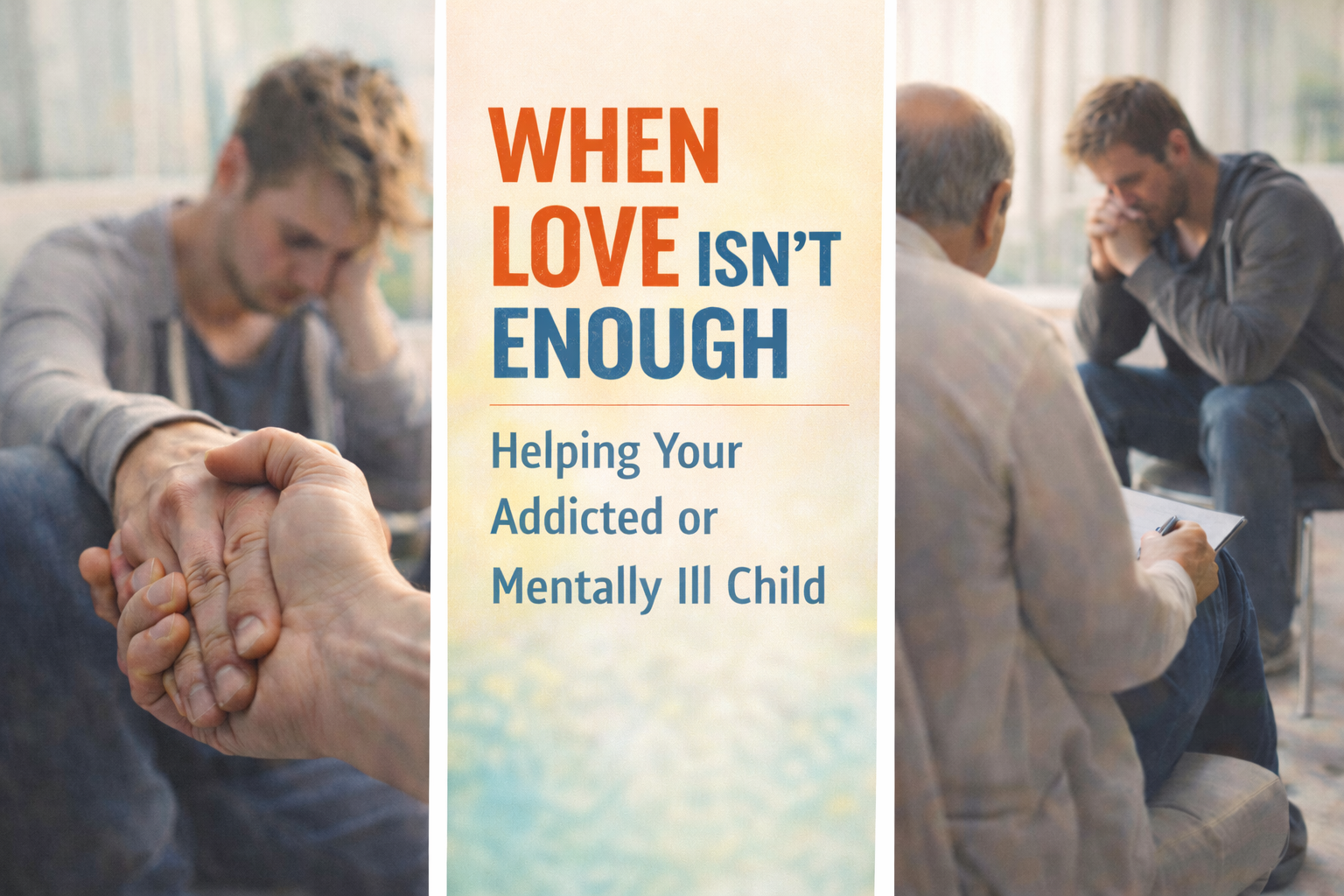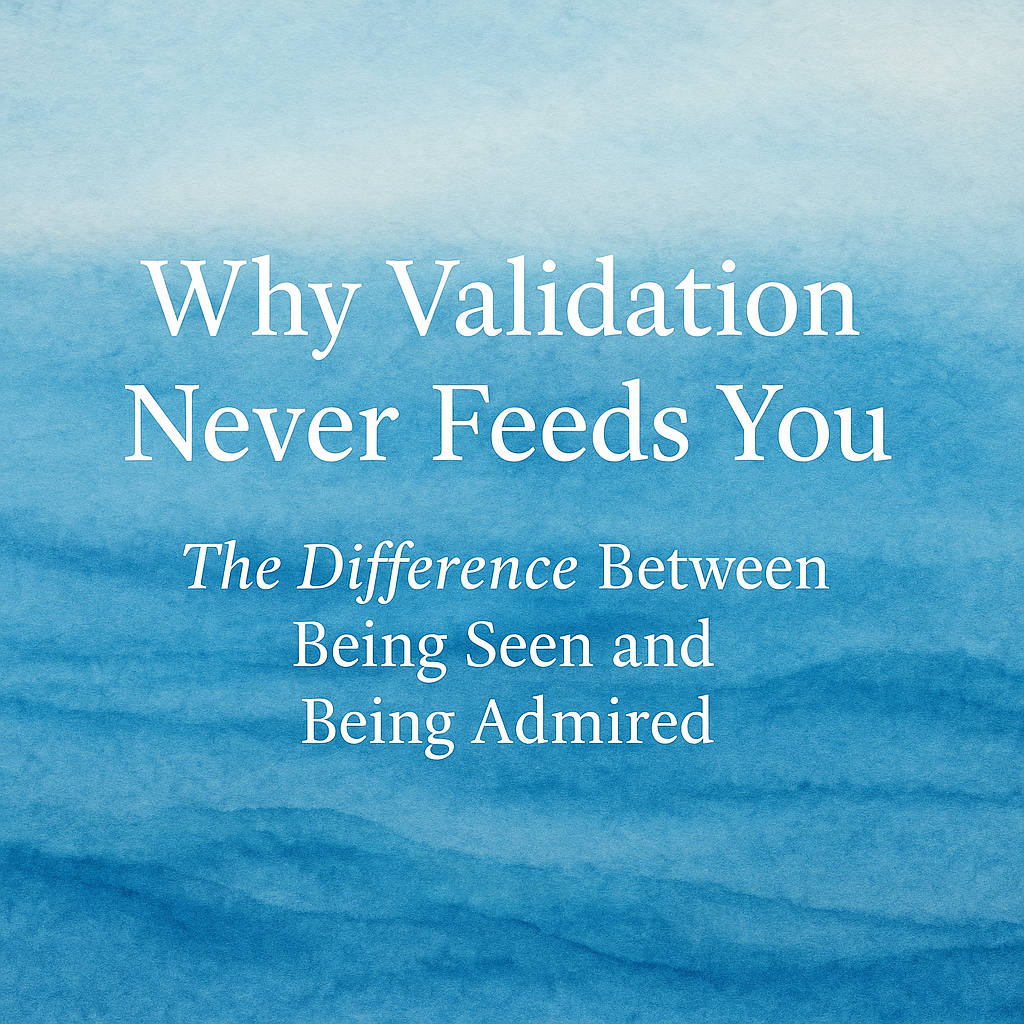What Are the Main Causes of Stress in Newport Beach? Have They Increased or Decreased?
Stress is definitely on the rise, and there are several factors weighing heavily on individuals and families. On a macro level, the world feels increasingly uncertain. Humans are surprisingly resilient when facing clearly good or bad situations, but uncertainty — the unknown — is a prime creator of stress. Add to this the rising cost of living, heightened social tensions, and an upcoming election that many find unsettling, and you have a recipe for widespread anxiety. These pressures are creating divisions within families and complicating relationships.
On a more personal level, many people feel overwhelmed by the effort it takes to achieve the American dream today. Often, it takes two working parents with extensive support just to keep things running. People are exhausted and stretched thin, struggling to care for themselves at basic levels. Beneath the surface, many wonder, What is all this for? Am I really happy? There is a strong craving for connection, meaning, purpose, community, and healthy relationships — or sometimes, any relationships at all. We see extremes: some seek a simpler, less stressful life, while others push themselves harder in frustrating attempts to grow.
Another trend we’ve observed is that people have become overly connected. Email and text messages demand instant replies from bosses, friends, and family. We constantly toggle between digital demands and present-moment realities. Technology hijacks our dopamine systems, making many uncomfortable with boredom or unproductivity. Our generation is essentially a guinea pig for smartphones and digital connectivity, with no clear roadmap yet on how to integrate this into a healthy human life. One friend recently shared that their corporate office shifted their annual seminar from “work-life balance” to “work-life integration”—which sums up the challenge perfectly. Figuring out how to integrate technology with happiness and health is an ongoing puzzle.
Adults in Newport Beach face immense pressure to “do it all better”—parent better, work better, be fitter, have better relationships and careers. The race to keep up with the Joneses is relentless, and many struggle to feel good enough about their lives. Social media shows only highlights—beach vacations, kids winning Nobel prizes—but rarely reveals anxiety disorders or job losses. This creates unrealistic expectations and adds to stress. Another concern is the disappearance of play—surfing, dancing, rock climbing, reading, nature time, or simply goofing off with friends. Many no longer prioritize play, which is a red flag. Stress triggersTriggers are specific stimuli or situations that evoke memories or emotional responses related to th… survival mode in the nervous system, pushing play to the backburner. When survival dominates, you’re not thinking about catching waves or learning a new song.
Stress on Teens and Young Adults
Teens are also experiencing record-high stress and mental health challenges. Anxiety, depression, and ADD/ADHD complaints are increasingly common. Navigating social media, relationships, and planning for the future feels overwhelming. We’ve noticed rising vaping, nicotine, and potent marijuana use — likely signs of excessive stress that worsen mental health struggles.
Many teens feel unprepared for adult life. Some reject the traditional capitalistic framework, others give up too soon, and some push relentlessly, only to find that a 4.5 GPA and multiple extracurriculars don’t guarantee their desired college acceptanceAcceptance in CBT involves acknowledging difficult thoughts or emotions without trying to change or …. Along the way, many miss crucial self-discoverySelf-Discovery is the process of gaining insight into one’s own thoughts, feelings, and motivations…., play, and joy. Protecting childhood boredom and allowing teens to explore themselves — even painfully — is vital. We help teens find this balance and navigate the complexities of growing up today.
Stress Unique to Newport Beach
In Newport Beach, many families worry about keeping their kids nearby as housing prices soar. Buying a home here has become a privilege of the most financially successful. Culturally, it’s interesting how often “success” is equated with money, yet a fulfilling life can look very different. The area’s cost and competitiveness create a stronger-than-average culture of social comparison. Kids and adults alike feel this pressure keenly.
But we all love Newport Beach—that’s why we stay. I had a great surf recently, grabbed a burrito at Bear Flag, and drove home along the coast on a perfect fall day, thinking, This is the life. Teens here often get a “Ferrari” as their first car, only to find adulthood demands they hustle just to keep a “Hyundai Genesis.” They want to stay and build lives here, but it’s tough. Parents feel this pressure too and want to support their kids’ success—but it must be done in a way that honors their kids’ emotional health and individual needs.
We’re here to help teens, adults, and families catch their stride. If anything in this article resonates, please reach out.
Practical Tips to Alleviate Stress
Fortunately, there’s a lot you can do. I’m biased, but therapy is one of the best tools—many people wait too long to start it. I often hear, “I wish I had started this 10 years ago.” Therapy helps uncover root causes of stress, which often involve complex unconscious motivations: the desire to be loved, worthy, recognized; unresolved traumaTrauma refers to the emotional and psychological response to a deeply distressing or disturbing even…; unhealthy attachment stylesAttachment Styles describe how individuals relate to others based on their early relationships with …; poor boundariesBoundaries in group therapy are the limits established to maintain a safe and respectful environment…; and more.
Beyond therapy, research supports some practical changes to manage chronic stress:
Mindfulness Meditation
Practice mindfulness meditationMindfulness meditation is a practice of focusing attention on the present moment, often through brea… daily for 10–15 minutes before touching your phone. MindfulnessMindfulness in CBT involves focusing on the present moment without judgment. It helps individuals be… reduces stress by training your attention to slow down racing thoughts and become more present. Apps and YouTube tutorials make it accessible. It’s a simple attention exercise, not “voodoo” or mystical.
Prioritize Sleep
Aim for 7–9 hours nightly, keeping consistent bedtimes—even on weekends. Establish a wind-down routine an hour before bed: read, meditate, listen to soft music or audiobooks, avoid screens, dim lights, and use blue-light blocking glasses if needed. Get morning sunlight within 15–30 minutes of waking to set your circadian rhythm. Keep your bedroom temperature between 60–67°F. Avoid eating heavy meals or stimulants (caffeine, alcohol) close to bedtime.
Reclaim Play
Sigmund Freud said mental health is “to work, to love, and to play.” Stress causes us to forget play. Think back to what you enjoyed in high school or recently—surfing, dancing, reading? Play is vital for well-being and creativity. Denying this need can lead to unhealthy coping.
Exercise Regularly
Aim for a mix of strength training and zone 2 cardiovascular activity. Morning workouts are best for regulating stress hormones throughout the day. Experts like Dr. Peter Attia and Dr. Andrew Huberman have great insights on longevity and stress mitigation.
Allow Boredom
Schedule unplanned time to rest and experience boredom without filling it with screens or activities. Boredom fosters creativity and self-reflection—both important for mental health.
Cultivate Quality Friendships
Making friends as adults can be tough. Join clubs, meet-up groups, or community activities to connect. Esther Perel, the renowned couples therapist, says, “The quality of our relationships determines the quality of our lives.” Strong social bonds are among the best buffers against stress.
Therapy, Therapy, Therapy
Be honest with yourself about your stress sources and consider professional support. Healing past wounds or learning to live in the present can transform your experience. In our practice, we tailor approaches to each individual’s unique needs and love helping people reduce stress and improve their lives.
Are there any apps you suggest people explore?
I’m not big on the apps but there is one that comes to mind that I have really enjoyed. It is called Waking Up by Sam Harris. I think it’s the best mindfulnessMindfulness in CBT involves focusing on the present moment without judgment. It helps individuals be… app on the market.
At what point do you suggest people get professional help?
If you have tried some of the known stress reducing techniques and you feel you are not moving the needle, it’s time for help. Don’t wait for stress to pile up or for burnout to set in before seeking therapy. In our experience, people who come in for stress and burnout get better quickly. I imagine these people get back on track much faster than those who try and do it without help. It doesn’t hurt to call and schedule a first session with someone. At the end of a first session, you should be able to gauge if therapy is going to helpful to you. Once you find the right fit, hunker down into weekly sessions and do the work. Be as honest as humanly possible and take the risk of being vulnerable with another person – this is what makes therapy work. It is very clear to both therapist and patient when you have arrived at the finish line and are ready to let go of weekly sessions. It’s a celebration for both of us and we love helping people get there.
How long have you been practicing in the area?
I started my training in the area in 2008 and I have been in practice in Newport Beach for 10 years.
-Dr Mitch Keil, Keil Psych Group, Newport beach





